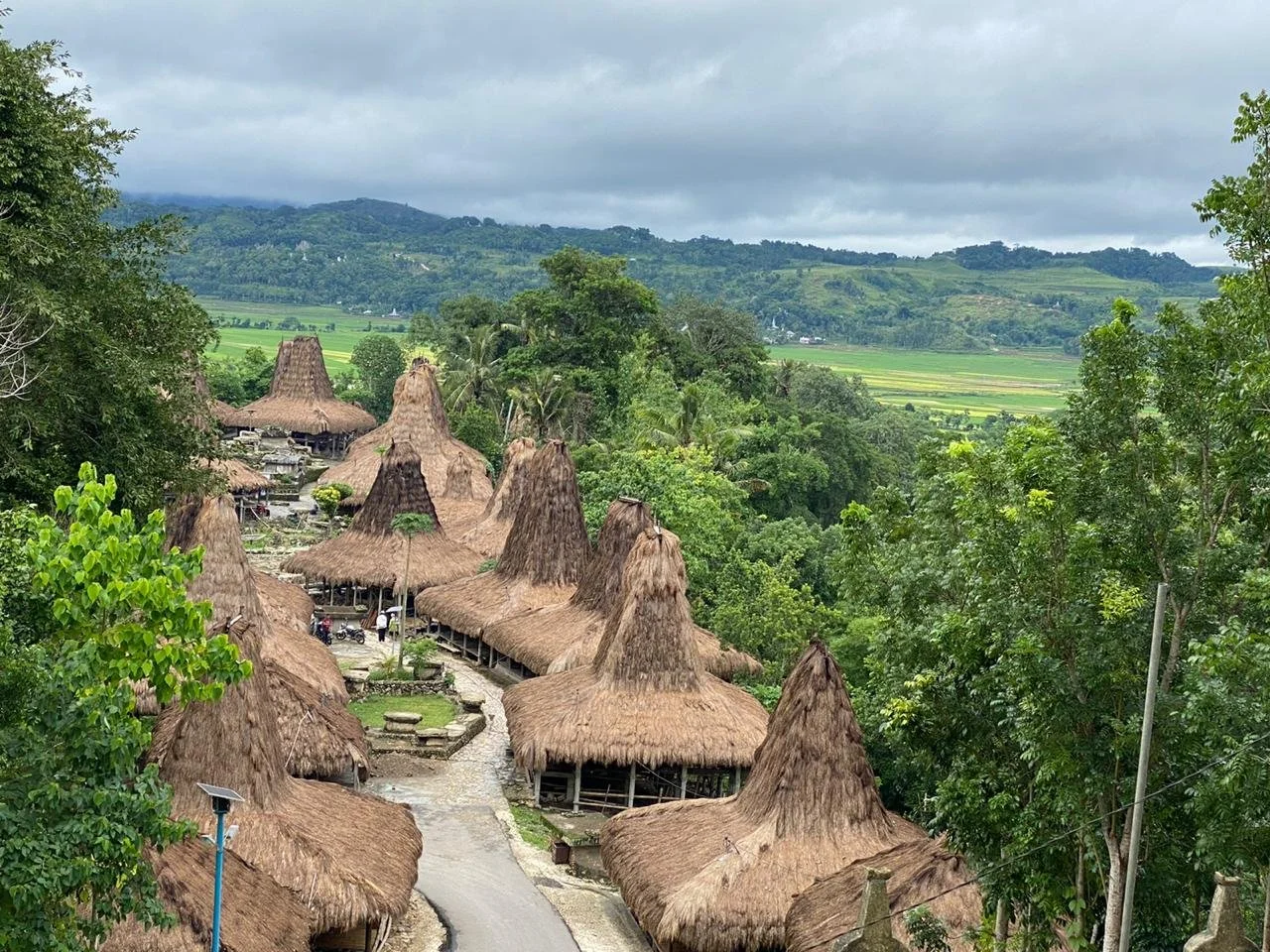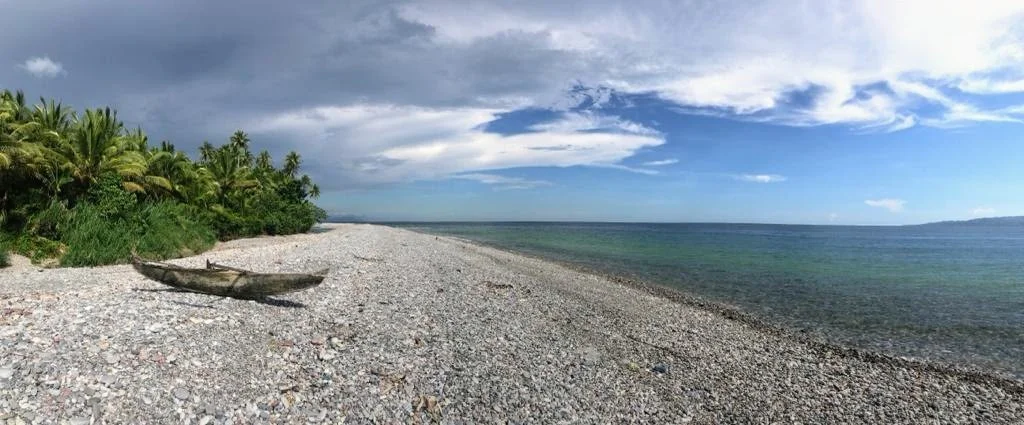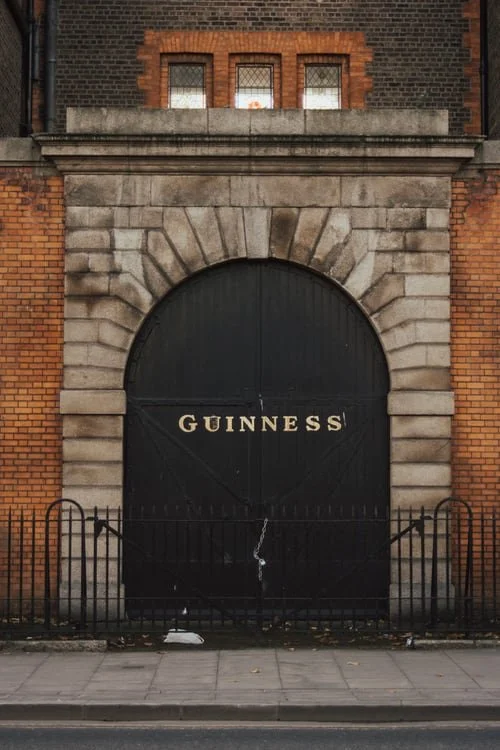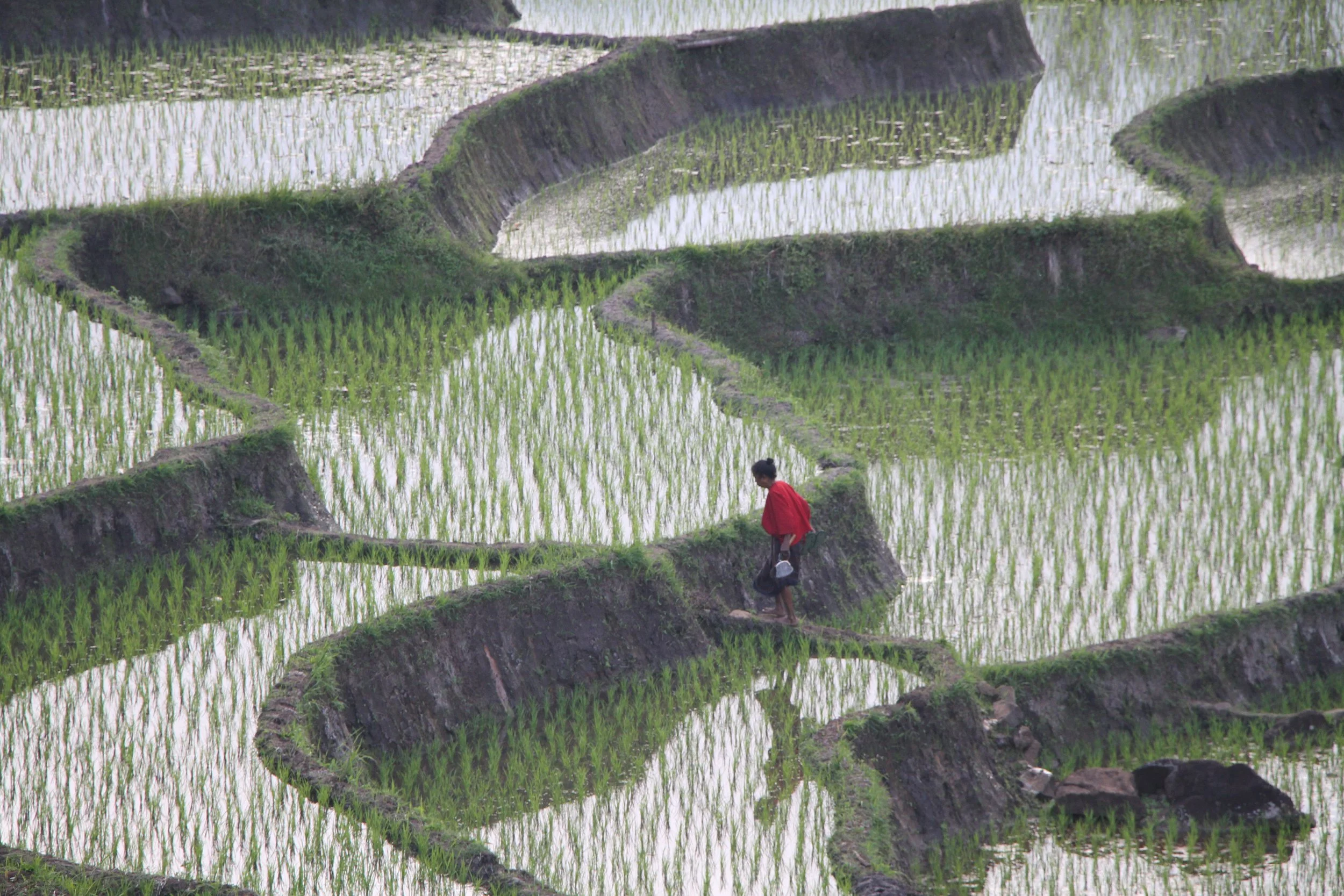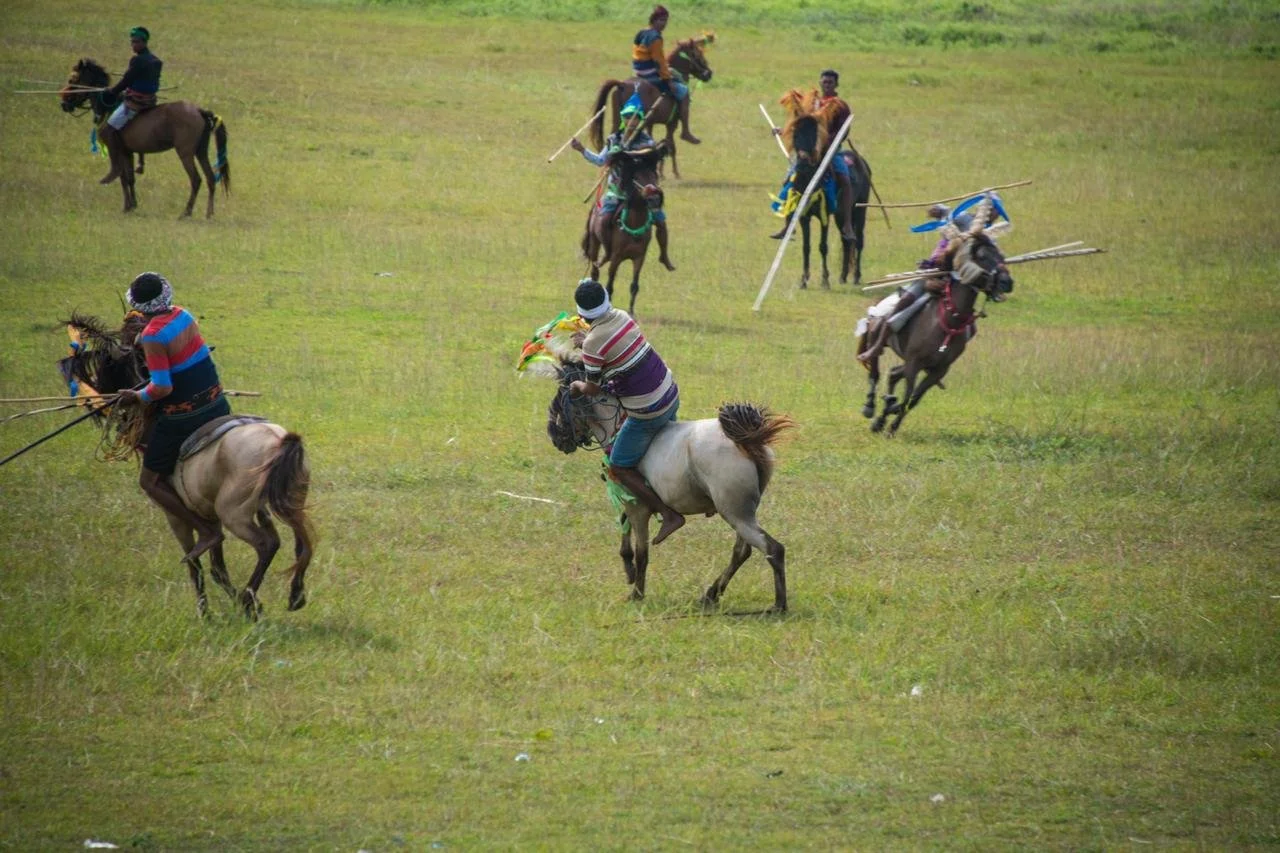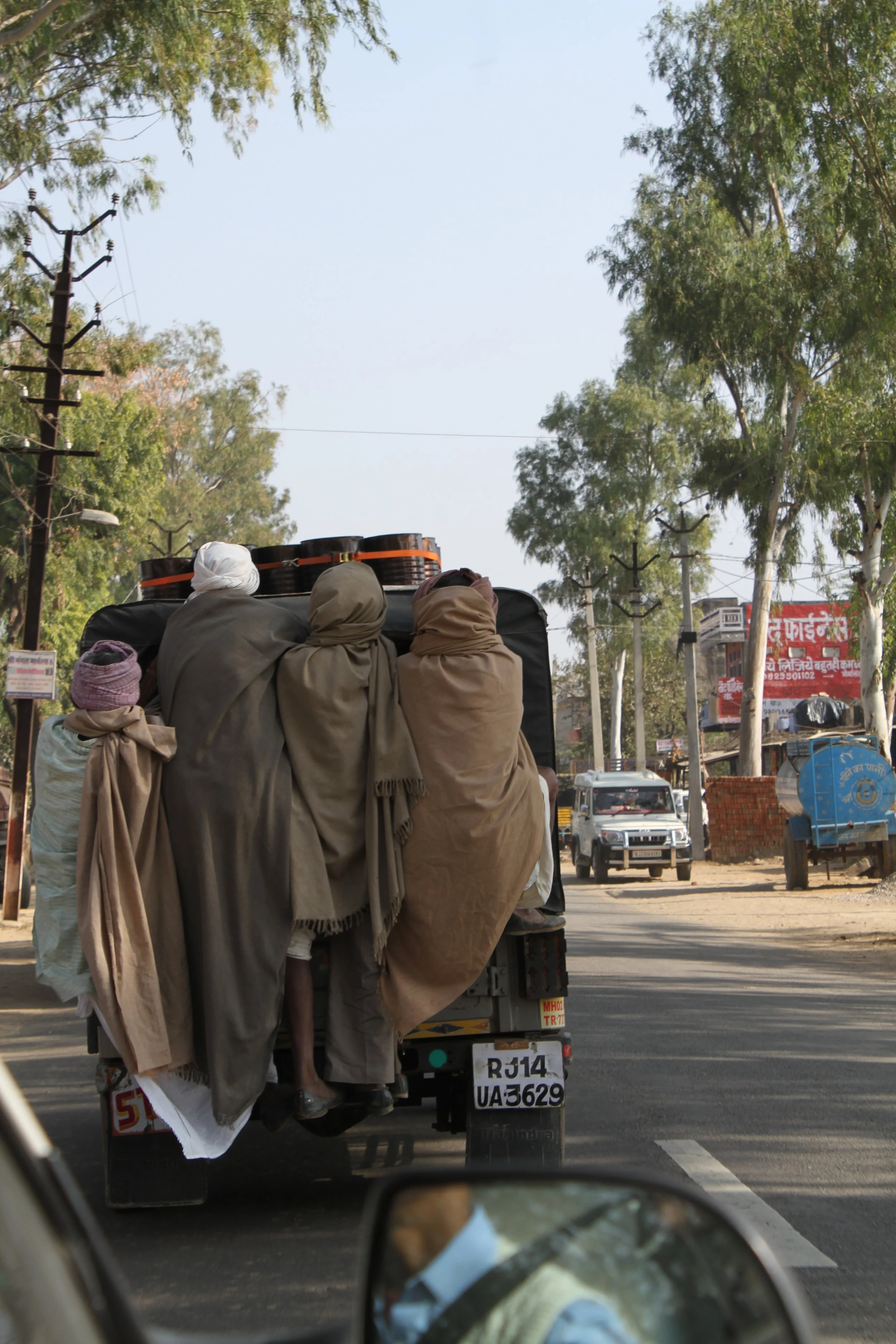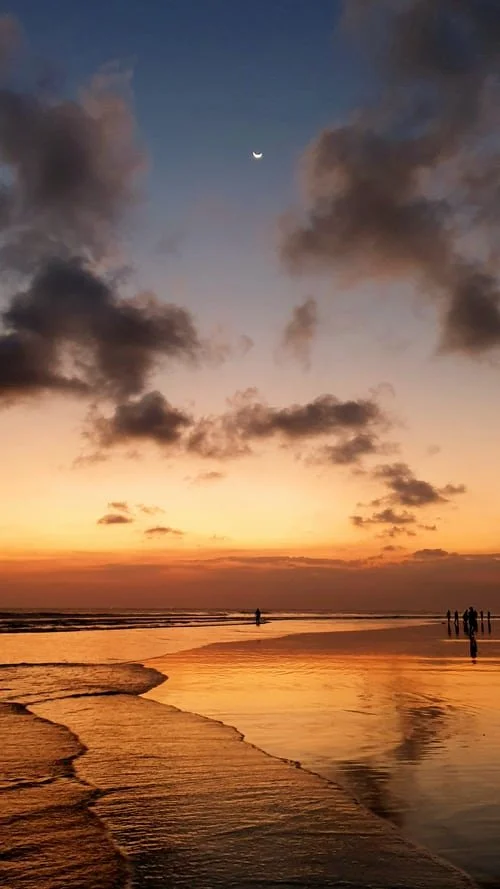So, What Exactly Does a Travel Writer Do?
Ah, to be a travel writer, wandering the globe and getting paid to write about it. It does, when you think about it sound terribly romantic and, at times it really is but, without trying to sound arrogant, some travel assignments can turn out to be an odious chore.
A well-regarded publisher in the United States of America once referred to travel writers as, “They are Blue Buglass’s, one the deadliest weeds on Crabbes Heath”
In years gone by, writers who scribbled articles on some of the most exotic, far-flung locations of the planet were followed, in the main by people who could actually afford to travel to those regions that the writer had waxed so eloquently about.
Today, in this age of instant gratification and distraction, travel has become extremely affordable (in some cases almost free, thanks to the emergence of low-cost airlines) and so millions of tourists flock to those ‘’ exotic locales’ that we travel writers have supposedly ‘discovered.’
Headlines and sub-headlines scream enticing promises such as, ‘Where to find Thailand’s amazing secret beaches, or “Discover the hidden treasures of Indonesia’s least visited island. These blatant untruths are exactly that, carefully crafted pieces commissioned for an airline or one of the giant hotel companies who are merely trying to put bums on seats or in beds.
Straight away that ‘secret’ beach isn’t so secret anymore as it now receives a few thousand visitors a day meaning that just getting into the ocean for a dip will involve weaving through throngs of sunburned tourists, replete with children hanging onto inflatable devices that virtually cover the ocean’s surface.
So, what is it we do, we intrepid travel writers?
Simply put, we spend a few days in somebody else's world, which, when one thinks about it, is not nearly enough time to experience it as accurately as any place one visits is tightly wound up in its own domestic day to day normality of which we play no part. Instead, we observe the goings-on, seek suitable accommodation options, recommend a restaurant or two and lead the eager tourist to supposedly 'out of the way beaches or picnic spots.
In essence, a 'dash in dash' out travel writer often gets a wrong- end – of- the – telescope view of the world.
To put this into perspective, Thomas Kohnstamm's wonderful and hilarious novel, "Do Travel Writers Go To Hell," recounts the exploits of his travels along virtually the entire coast of Brazil, writing for that essential travel bible, Lonely Planet.
On a budget so meagre that it would make even an impoverished Buddhist monk appear immensely wealthy, he is expected to cover most hotels, amusement parks, restaurants and other attractions of each town or city in just twenty – four hours. It's a harrowing account of the downside of the travel writing industry.
These days, commissions handed out by publishers to writers teach them lessons that are best not learned. The 'brief,' when it arrives, is actually a tightly scripted code on how the article is to be written. Even if the location one is sent to is pretty bleak, the writer is encouraged to 'dress up a bland town or city and instructed to paint a bright and colourful picture of a place so utterly dreary and devoid of anything at all that one would not recommend it to one's worst enemy.
However, prostitutes that we are, off we go to parachute into a location, gather the facts, 'engage with the locals' and then leave to write a piece within the tight constraints of the brief and then perform like a trained seal an even closer deadline.
A classic example of this was a piece I did on Beirut where I was instructed to seek out the slickest bars, must-do restaurants and the hippest hotels, of which there are many. Interspersed with the mundane formula of 'giving the reader what they want to read, I had the audacity of mentioning the long and bloody civil war and how the city has reinvented itself. The editor took to my copy with gusto, deleting any mention of those turbulent times and then gave me a severe dressing down for not following the guidelines and giving the city a 'bad rap."
I read pieces written containing mountains of enthusiasm about how writers 'engage' with the locals, with the piece conveying oodles of bonhomie when, in reality, much of the information has been gathered from a fifteen-minute chat over a cup of coffee.
In the writer's defence, it is perhaps the publishers where the blame should apportion, for they hand out assignments to the lowest bidder and then, once the project has been delivered, will often try to drive down the price even further. Quality writing, it would seem, is not a high priority as long as the piece in question says all the right things so that their clients continue to support their publication with glossy full-page advertisements.
This is especially true of Indian publishers whose pitiful stipends are almost embarrassing, and more often than not, they will refuse to pay due to some minor infraction but still publish the article anyway!
So, why does anyone become a travel writer? I suppose the best answer I can come up with is that it sounds terribly sexy when asked by a perfect stranger in a bar what one does for a living.
However, I will leave this self-deprecating piece with a quote from that most wonderful of writers on all things travel, Jonathan Raban.
"One morning, the writer will awake and discover that they are not really a travel writer at all, but a forger.
Bali, Indonesia May 2022.
Photography copyright E.J.Lenahan. Paul v Walters


